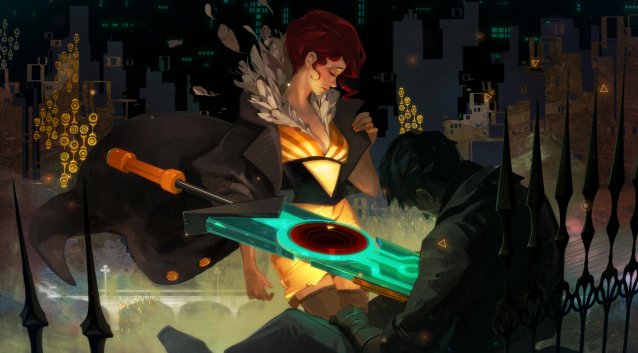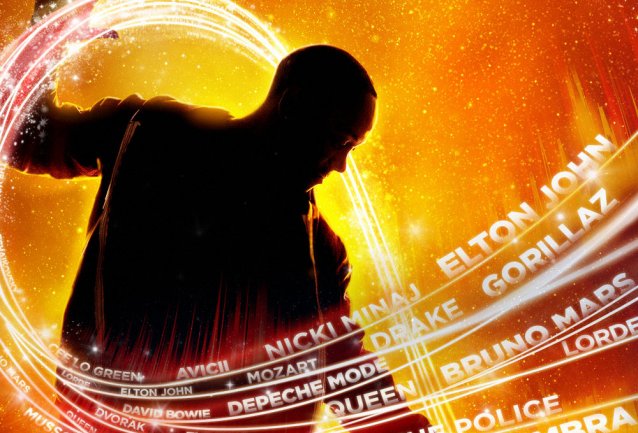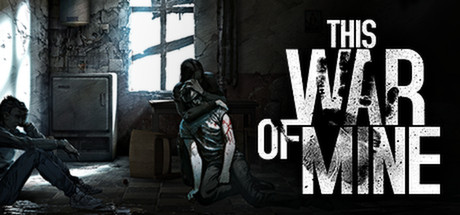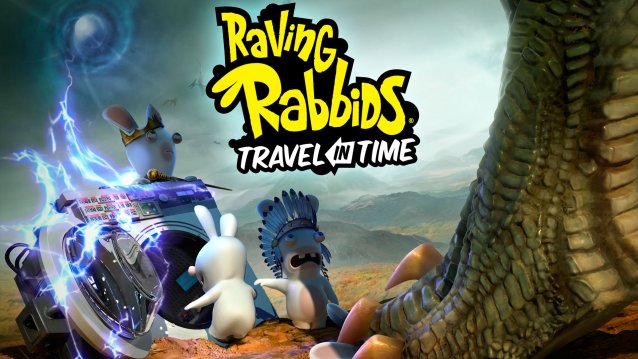

Marmite. It packs a wallop, is best enjoyed sparingly, and I hate it with every fibre of my being. But there are some poor, demented souls out there who can’t get enough. The same can be said of boss fights. Just getting a whiff - whether it be the smell of toast marred by a stench distilled from the very depths of hell, or a conspicuously large door, trying to affect an air of nonchalance at the end of an empty corridor - gets my hackles up. Titan Souls, boasting a roster of 20 gargantuan foes, is all Marmite. I hated it. At first.
Set in some unspecified otherworldly realm, Titan Souls is a reimagining of Shadow of the Colossus, with a few exceptions. We don’t know the pixelated protagonist’s motive for swanning around the sanctuary of the Guardians, kicking their doors in and gently rousing them from their aeons-long slumber with an arrow up the jacksie. After he kills them, he sucks up the pure, white essence of their souls, but is he an heroic Titan slayer, or a colossal arse? From the fabricated Titan language, to the ill-gotten and slightly magical weapons, it’s fair to say that the story elements don’t stray far from the source of inspiration for the game, so there’s a decent chance you’re probably a monster. Sorry. It’s tricky to tell for definite though.
The environments are as sparse as the plot, with the occasional puzzle or hidden path to be snuffled out in an otherwise empty landscape. The game mechanics, equally unencumbered, echo this simplicity. You only get one. One bow, one arrow, and one hit point. Each shot has to be charged to be of any use, resulting in a few terrifying seconds of immobility, and as soon as you let it fly, you’re defenseless. Summoning the arrow back to your quiver, rather than rolling around to snatch it up off the floor, also requires a temporary paralysis, but it has huge tactical advantages as a second sneaky shot or a clever backstab. When you’re only ever a single hit away from death, strategy is your best friend. Technically, each boss is only has one hit point but I call silly buggers on that when they’re encased in a malevolent jelly shell that has to be chipped away, and which actively pursues you in blob form when separated from its host.
The Titans are hugely diverse, and while they all have their weak spots - some more obvious than others - hitting it isn’t easy. The battles aren’t phase based; they’re a frenzied dance between enraged guardian and a squishy, vulnerable, meatbag (that’s you). Their will to live is as strong as yours and that desperation manifests as a frantic flurry of aggression. The beautiful irony is that this grants you total control of the arena. The crux of each encounter lies in the understanding that your adversary is at their most vulnerable when you are at yours, and that’s usually when they’re about to launch a devastating attack. If you’re reckless, or careless, you’ll die. A skilled player can observe the pattern of attack, lure the Titan to where they need it to be and pew! It’s dead. That player is not me.
The control scheme of Titan Souls is a straightforward, two button set up; one button lets you sprint and roll, while the other releases the arrow and summons it back to your quiver. Stats and grinding are tossed aside in favour of brutal, all-out warfare where you’re forced to create your own openings in the face of an unrelenting onslaught. It’s the very embodiment of high risk, ultimate reward.
I averaged around 15 deaths per Titan, but that information does no justice to what I’ve actually experienced. Battles have ranged from fevered scuffles, abruptly ending in victory, to outright war, charging the same opponent for 20 minutes, wondering if I’d have more fun pounding my head against the wall. I’ve been squashed, electrocuted, poisoned, shot, and burned alive. I invented new swear words. I also beat a boss in less than 5 seconds and shot a Yeti smack dab in the middle of his majestic rump. The quivering arrow lodged between those proud, rosy cheeks is an image that’s going to stay with me for some time.
The only reprieve comes upon your lovingly-animated and almost inevitable death. You’ll reawaken at the nearest checkpoint, which in most cases is a short walk away from the two to three bosses residing in the area. While you may wish for the option to materialise outside of the Titan’s lair and immediately dive back into the fray, the stroll back is a much needed breather that’ll let you get your head back in the game. Spawning at the checkpoint also gives you the chance to take a break from a boss you’re struggling with and head off in another direction to tackle a fresh one, even if that can be a bit like stubbing your toe and distracting yourself from the pain by stepping on a drawing pin with your eyeball.
But somewhere along the way, at a point I can’t recall, things changed. The barren, uninviting landscape shifted into a sprawling, thought-provoking wilderness resonating with deep rooted sadness and ambient history. Those pesky bosses with their over-powered attacks morphed into solemn behemoths, their true names and nature obscured by my ignorance of their language and their world. Confrontations went from being noisy, messy affairs, streaking the air blue, to determined silent duels, fueled by strategy and stoicism. Every aspect of the game that had turned me off when I first started playing began to draw me in, softly and insidiously, so that I hardly noticed it happening. It’s a minimalist game with a singular focus, but boy, does it use that focus to create a compelling world and experience. David Fenn’s masterful composition on the soundtrack certainly contributes towards that.
It’s fair to say that your playtime is going to be massively dependent on your levels of skill and patience. If games like this are your bread, butter and tangy brown spread, you’ll burn through in no time, unlocking new game settings that cater to your taste for puristic masochism, like Iron Mode that makes you start the entire game over if you die. For everyone else, a single playthrough will likely be more than adequate.
At first glance, Titan Souls may seem repetitive or uninspired, catering to a niche audience thriving purely on challenging gameplay. But like those slumbering giants, there’s much more to be discovered, and you may well be surprised at how resoundingly it will beat the doubt out of you, like a stone fist about to grind your bones into the ground for the seventh time in a row. I still hate Marmite.
This game was reviewed on PS4.




 Apotheon (PC) Weapons / Items guide
Apotheon (PC) Weapons / Items guide Grand Theft Auto V: First Mission: Prologue Walkthrough and Guide
Grand Theft Auto V: First Mission: Prologue Walkthrough and Guide Fantasia: Music Evolved E3 2014 Preview
Fantasia: Music Evolved E3 2014 Preview How to Survive Effectively in This War of Mine PC, Tips Guide
How to Survive Effectively in This War of Mine PC, Tips Guide Raving Rabbids: Travel in Time Wallpapers in HD
Raving Rabbids: Travel in Time Wallpapers in HD